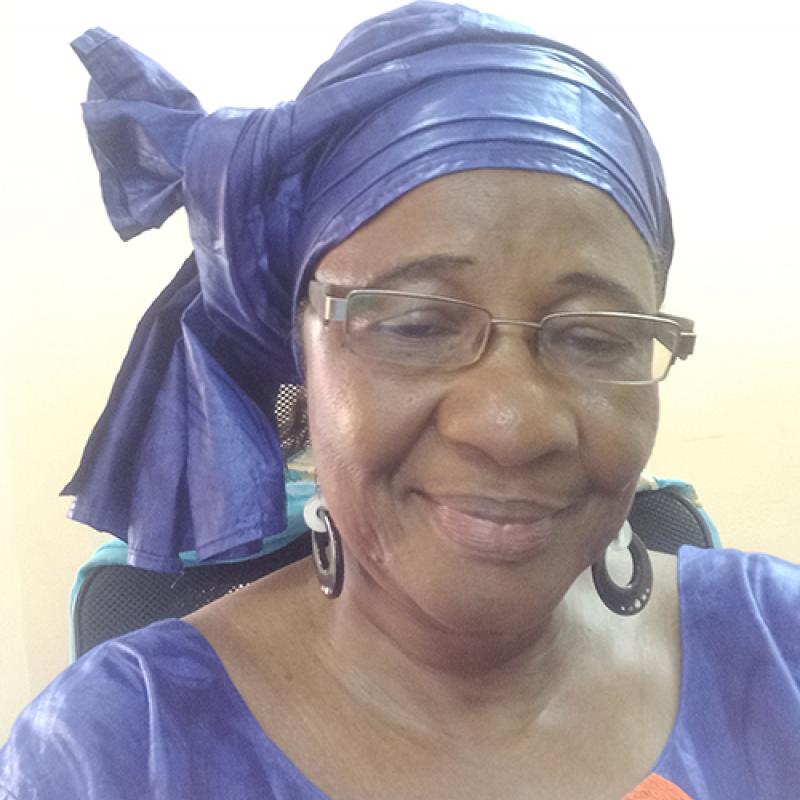Specialist in rural development and gender, Bintou is a confirmed expert with more than twenty years experiences in development projects evaluation in particular those relating to resilience to food security and climate changes in Sahelian domain. She is AGDEN and AFREA member and evaluation consultant: She has developed experiences on all evaluation types: ex ante, mid-term and final.
My contributions
How to define and identify lessons learned?
Discussion

Bintou Nimaga
consultantHello Emilia!
Thank you for this very interesting topic which deserves special knowledge. In fact, almost all evaluations insist on lessons/lessons learned, but my opinion is that this step is always at the discretion of the evaluator, his previous experiences and competences on the theme and/or the sector evaluated in relation to the results of the evaluation (attached, in French). I am attaching one of my examples of lessons learned from an evaluation on gender equality to benefit from the resources and services of the project evaluated. I hope it will contribute to the discussion.
Link here